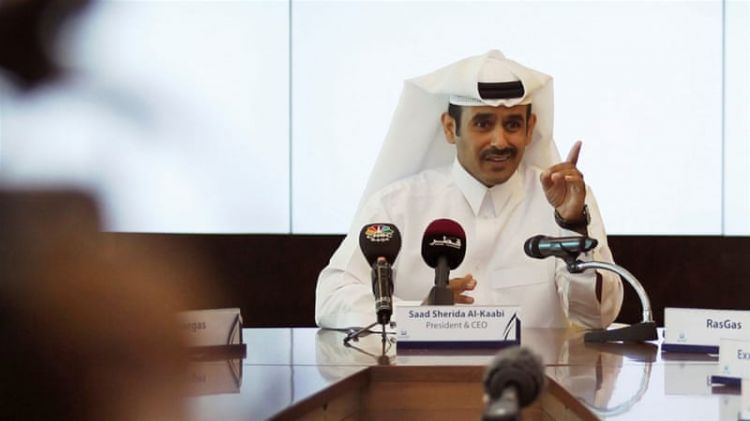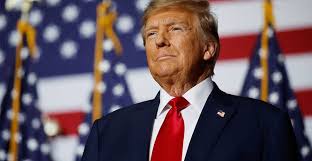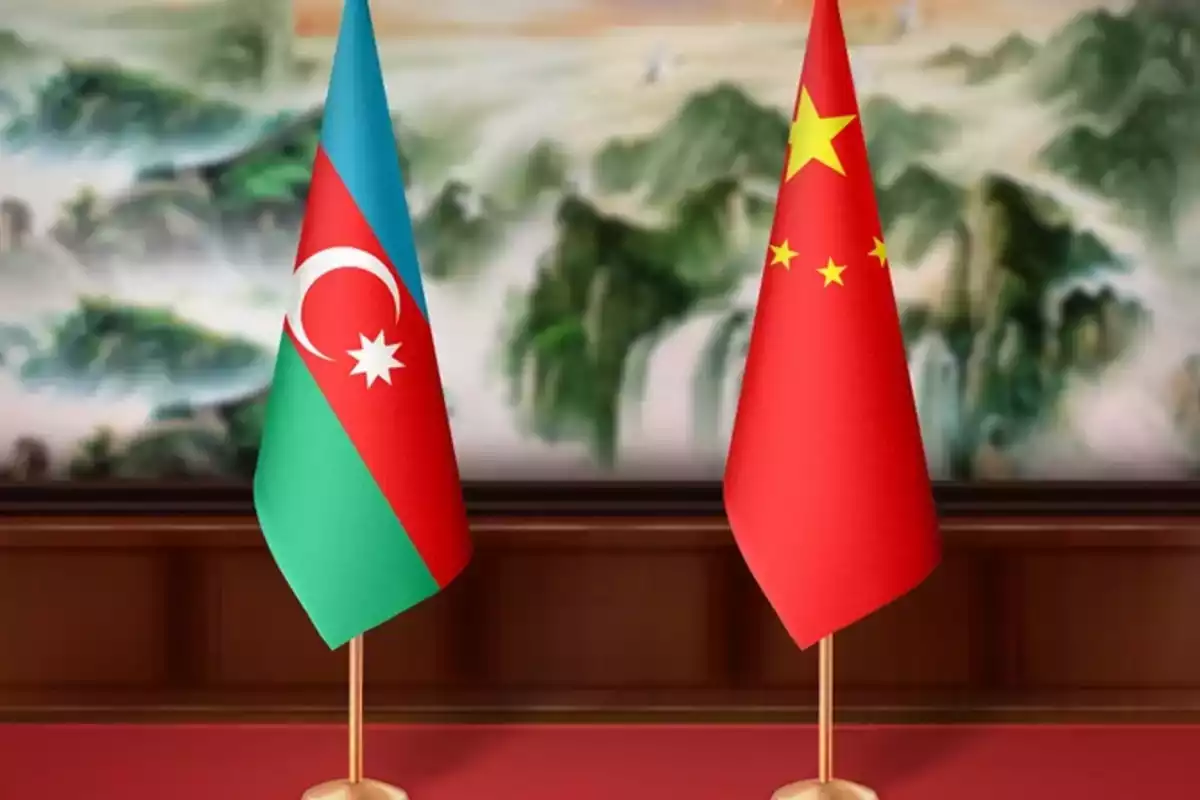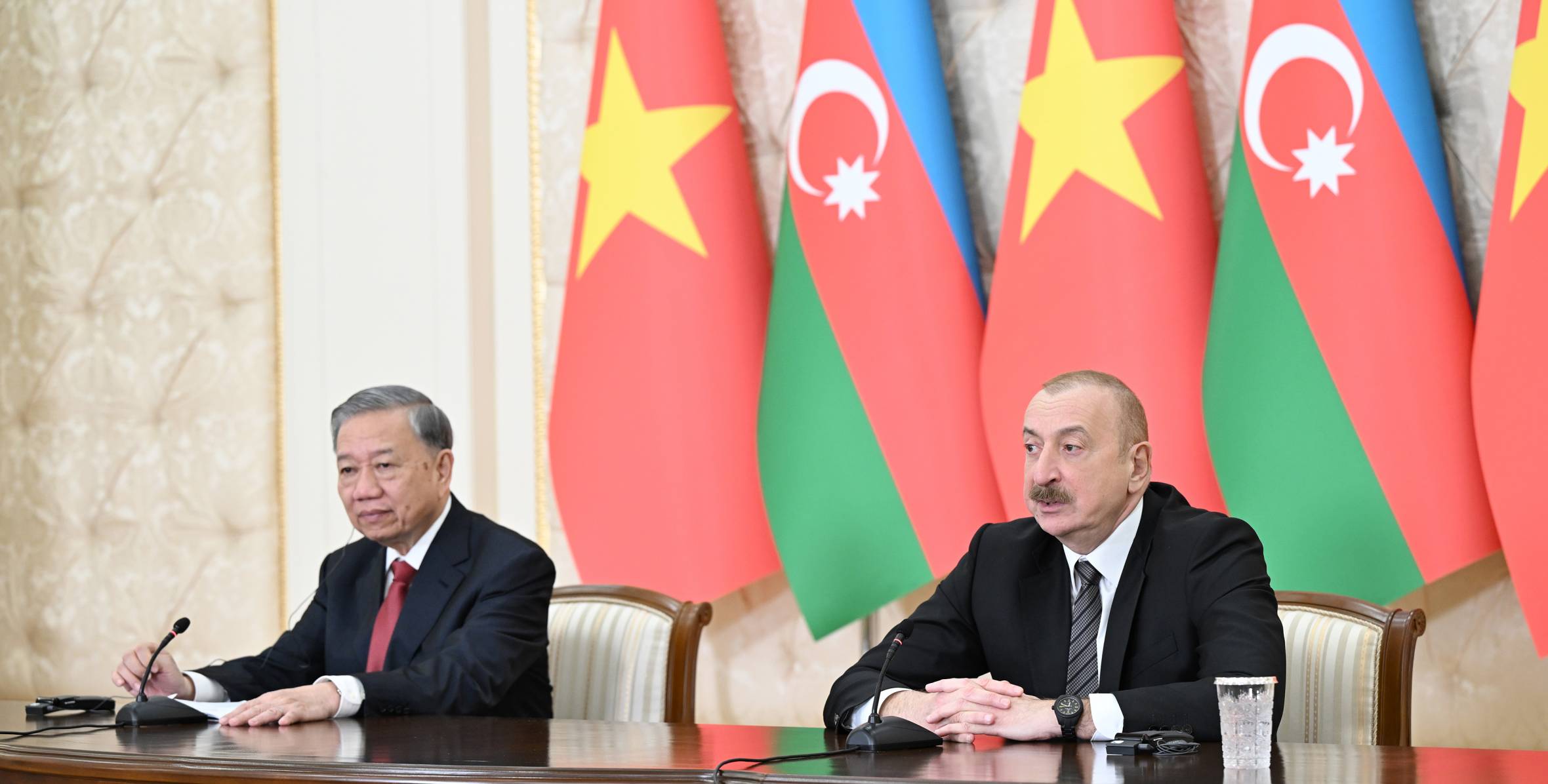Making a surprise decision, Qatar announced that it will be withdrawing from the Organization of the Petroleum Exporting Countries (OPEC) as of January 2019. Qatar leaving OPEC, the club of oil producing countries, has led to several discussions. As there are those who associate the matter with Saudi Arabia's blockade and sanctions against Qatar for more than a year now, there have also been those who associate the topic with Qatar's low share in oil production.
Qatar’s strategic move
It is clear that Qatar does not want to remain in an international organization with Saudi Arabia, Bahrain and the United Arab Emirates (UAE), the countries that are imposing political, military and economic sanctions against it. The expectation of those who associate Qatar's withdrawal to this reason is that it will not attend the Gulf Cooperation Council (GCC) summit on Dec. 9, despite being invited by Saudi’s King Salman, while there are those guessing that it will even leave the GCC. This is likely. In the event that it happens, the GCC will be stage to major discussions in 2019, and perhaps even face dissolution.
Meanwhile, as Qatar produces the most natural gas in the world despite having a small share in OPEC, it is obvious that it is search of new strategic pursuits that will accentuate this aspect. Increased natural gas consumption instead of oil and fossil fuels offers important advantages to Qatar. This move will allow it to show presence in the eyes of natural gas producers and exporters and alleviate the political and economic pressures on it, rather than line up in front of OPEC.
Qatar has continued to remain on the world agenda for the last year and a half. Seen as a small and ineffective Gulf country, Qatar has proven that it is no easy target despite the coalition against its international supporters. It would not be wrong to say that its performance in the last year, its good use of resources, its tight relations with Turkey, its campaigning and its ongoing relations with major companies worldwide despite the blockade countries, have given Qatar the chance to remain standing.
Qatar’s geopolitics
However, there is one other entirely different fact that has allowed Qatar to remain standing: its geography and history. To put it more correctly, Qatar's geopolitics. Qatar, which is not too significant in terms of surface area, and which has been weakened in terms of its oil reserves, especially after the Hawar Islands were given to Bahrain upon the International Court of Justice's decision, is listed among the rentier states that stand out with natural gas production alone. Yet this judgment is incorrect.
Throughout history, the Qatar peninsula has been one of the most convenient regions to live in in the Gulf. For example, there was significant human activity and economic operations in this region before Kuwait and the UAE's leading emirates, Abu Dhabi and Dubai. The oldest Ottoman document dated 1555 that mentions Qatar - it is perhaps the oldest document on Qatar's history - states that there are about 1,000 ships in Qatar and that these are used for shipping and trade. Also, Qatar's coasts, which are not suitable for agriculture, used to consist of pearl fishing beds, which were no less important than oil and natural gas today. Hence, the pearls famed as "Bahraini pearls" and are spread around the world emerged from the coasts of Bahrain and Qatar. Thus, world-renowned Ottoman wanderer Evliya Çelebi points to the Bahrain-Qatar triangle on the map of Tigris and Euphrates he drew in the 17th century as a "pearl bed."
Qatar surviving through shipping, trade and pearl hunting at times when oil and natural gas were unknown led Utub, the tribe of present day Bahrain's leading families, to settle in the Zubara region northwest of Qatar. Similarly, Abu Dhabi's foundation after the 1760s was another element that spoiled traditional stability. Members of certain tribes under the Abu Dhabi shaykhdom going down toward al-Udeid along Qatar's coasts for pearl hunting in the 19th century gave rise to regional conflicts and the border debates that are still ongoing. Qatar's sole connection to the land was through Central Arabia, where Saudi Arabia was born. There were constant trade caravans from the coast to Central Arabia, along with population movement between the two sides. Consequently, the forefathers of the House of Thani, the current ruling family of Qatar - similar to some other tribes - also came from here and settled in Qatar. Wahhabism, which grew and developed in the hands of the al-Saud family after the mid-18th century, and led to them setting their sights on the alms of the tribes living here and turning toward this region, allowed the Saudis to always see Qatar within their own areas of interest.
Qatar being such a center of attraction was not missed by Indian merchants and the British. The British being active in the Persian Gulf and developing relations especially with Oman (including current UAE shaykhdoms) and the Bahrain shaykhdoms and hence gaining authority in regional trade left Qatar in a tough situation. This is why Qatar's former rulers developed resistance against these difficulties by constantly making new moves. British merchants being active in especially the sponsored pearl hunt gave rise to a heap of problems. Shaykh Jassim, the current Qatar emir's grandfather, who was also a good pearl merchant, set the cat among the pigeons by reducing the impact of foreign merchants in joining this sponsorship. His foresight regarding Qatar's geopolitics led to special relations with the Ottoman Empire, with Qatar rising as a state in this small Gulf region.
Emir Tamim leaving OPEC is a strategic move in his grandfather's footpath. Time will reveal the results better.
Zekeriya Kurshun










